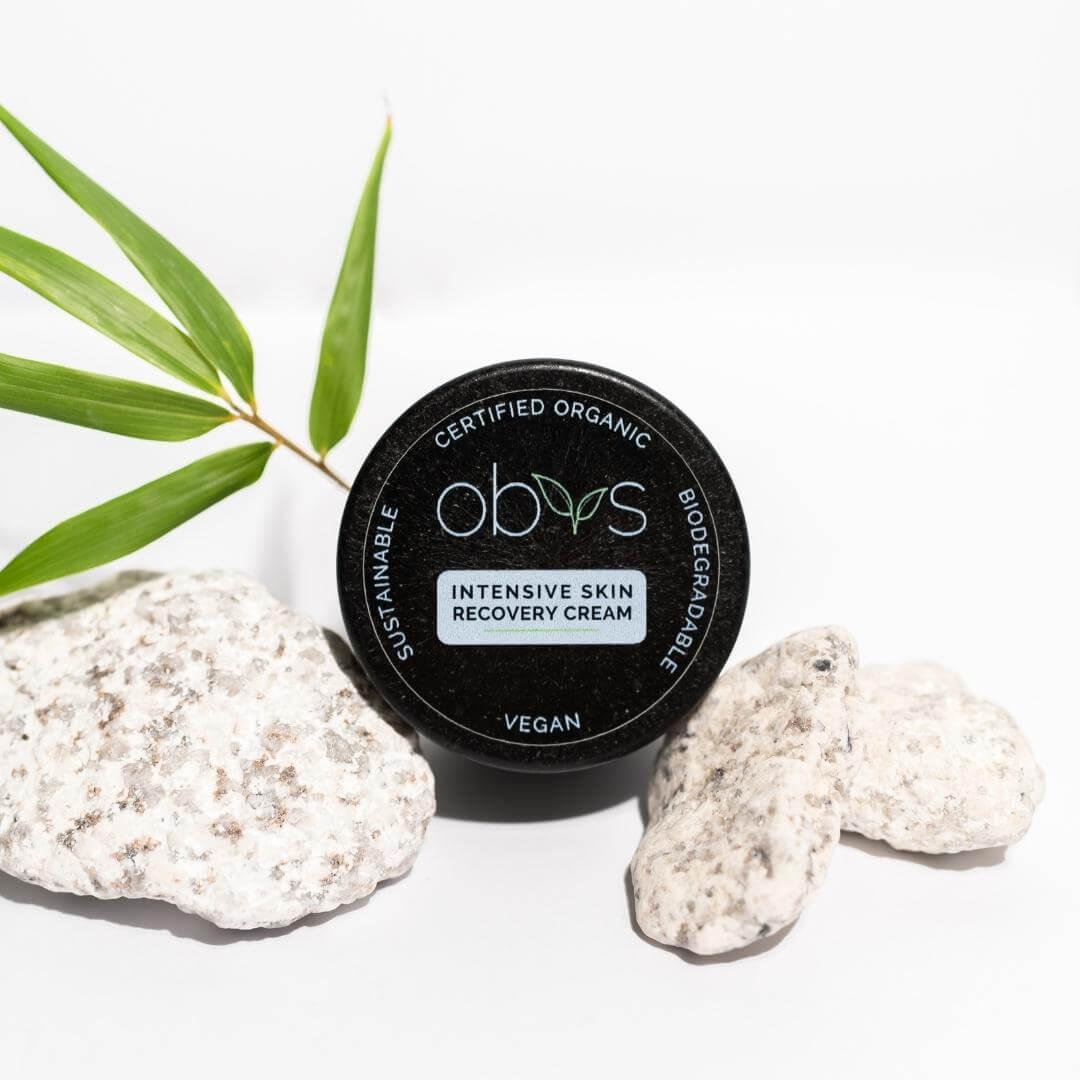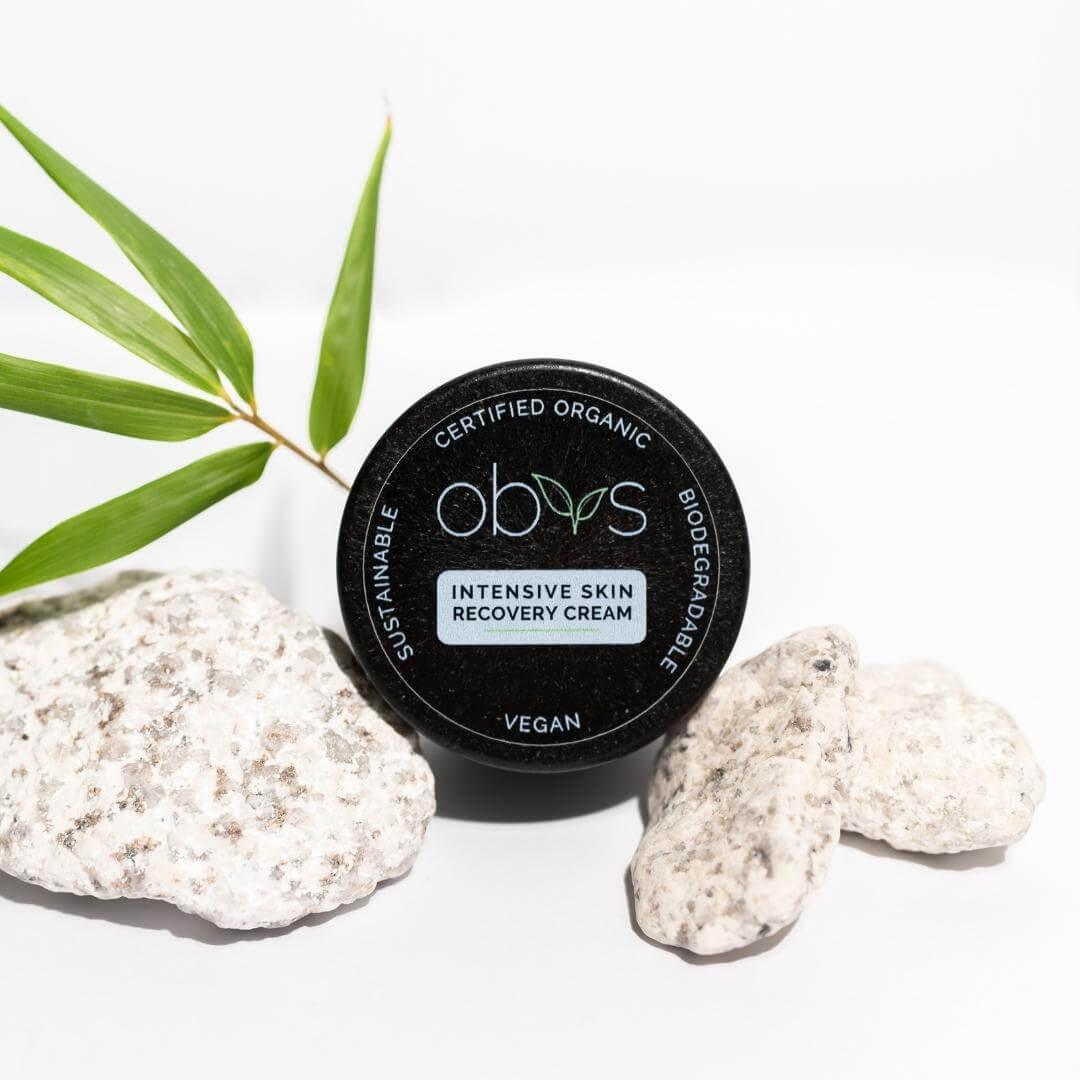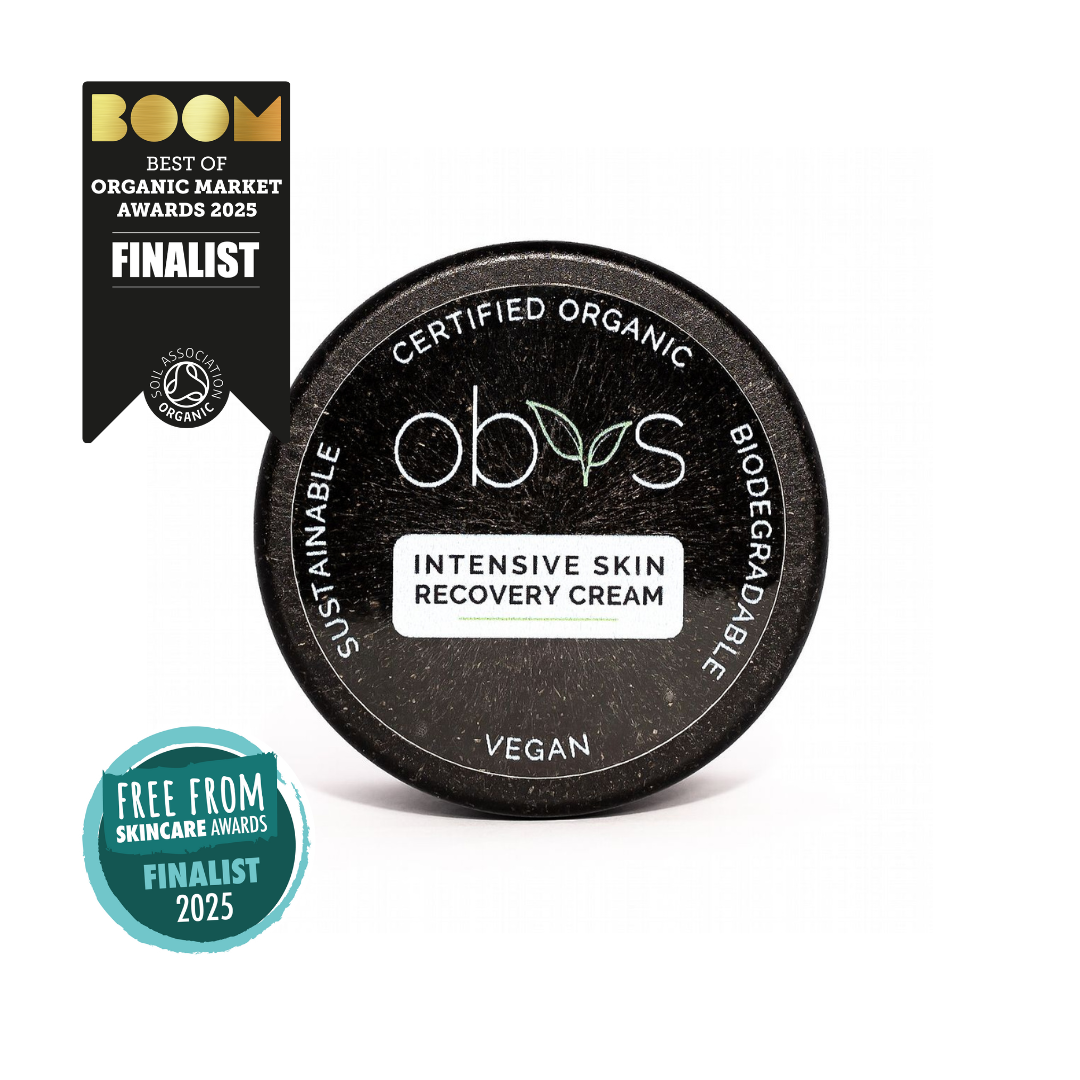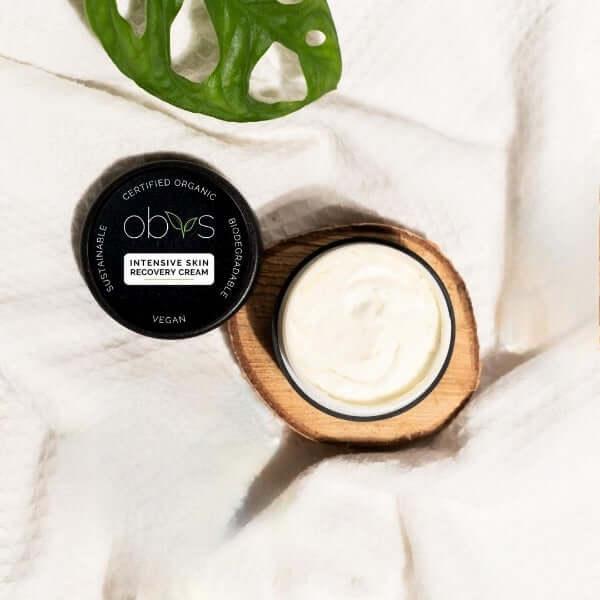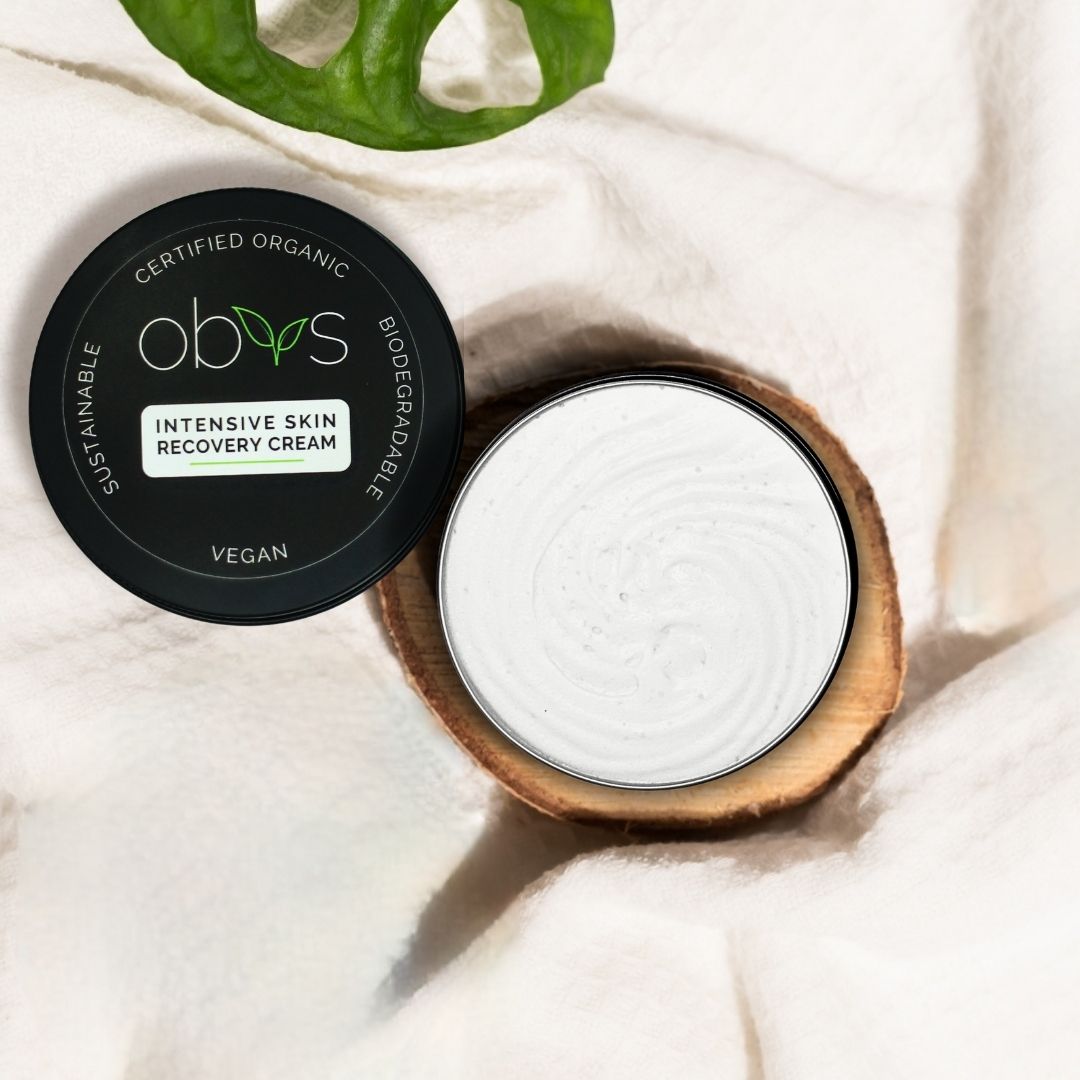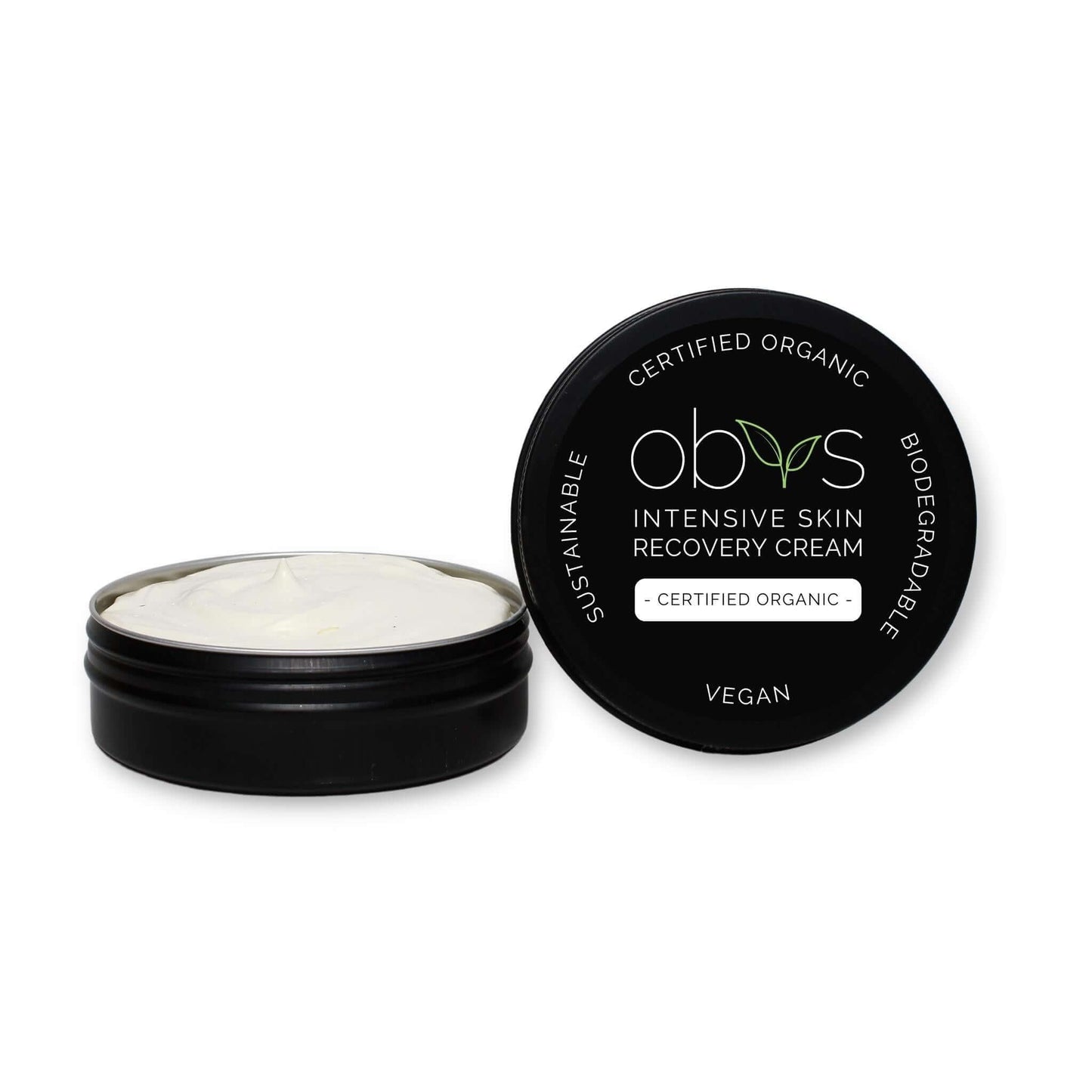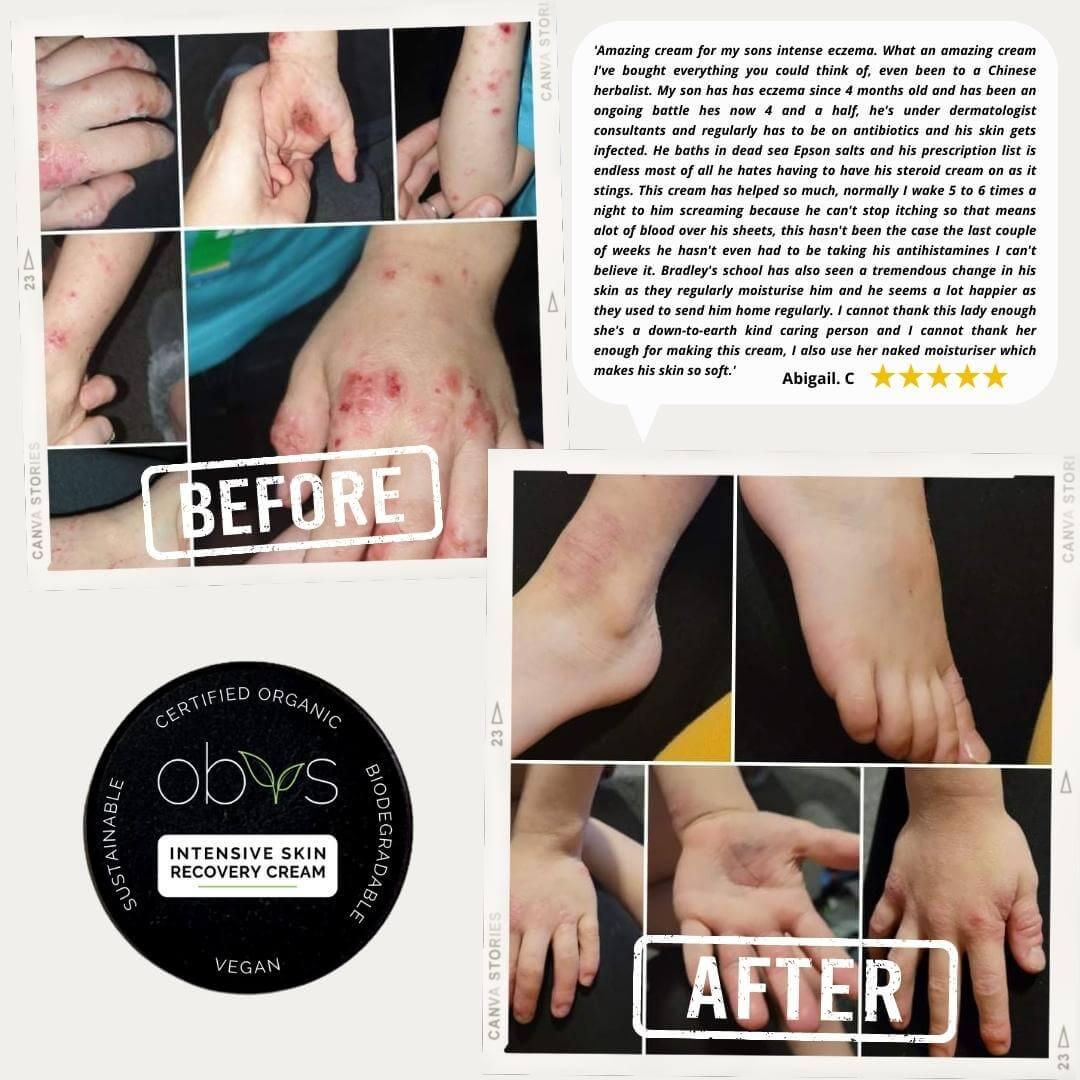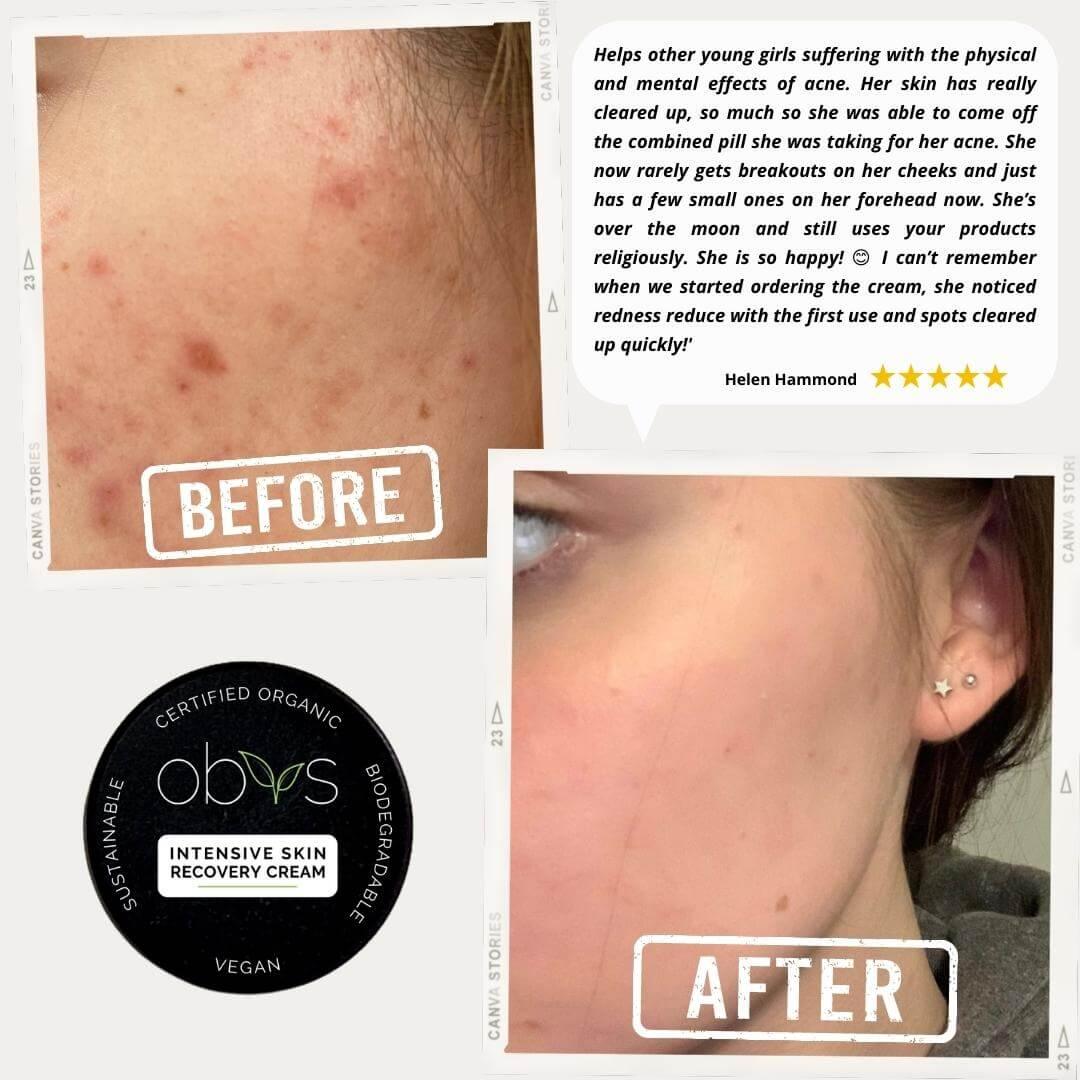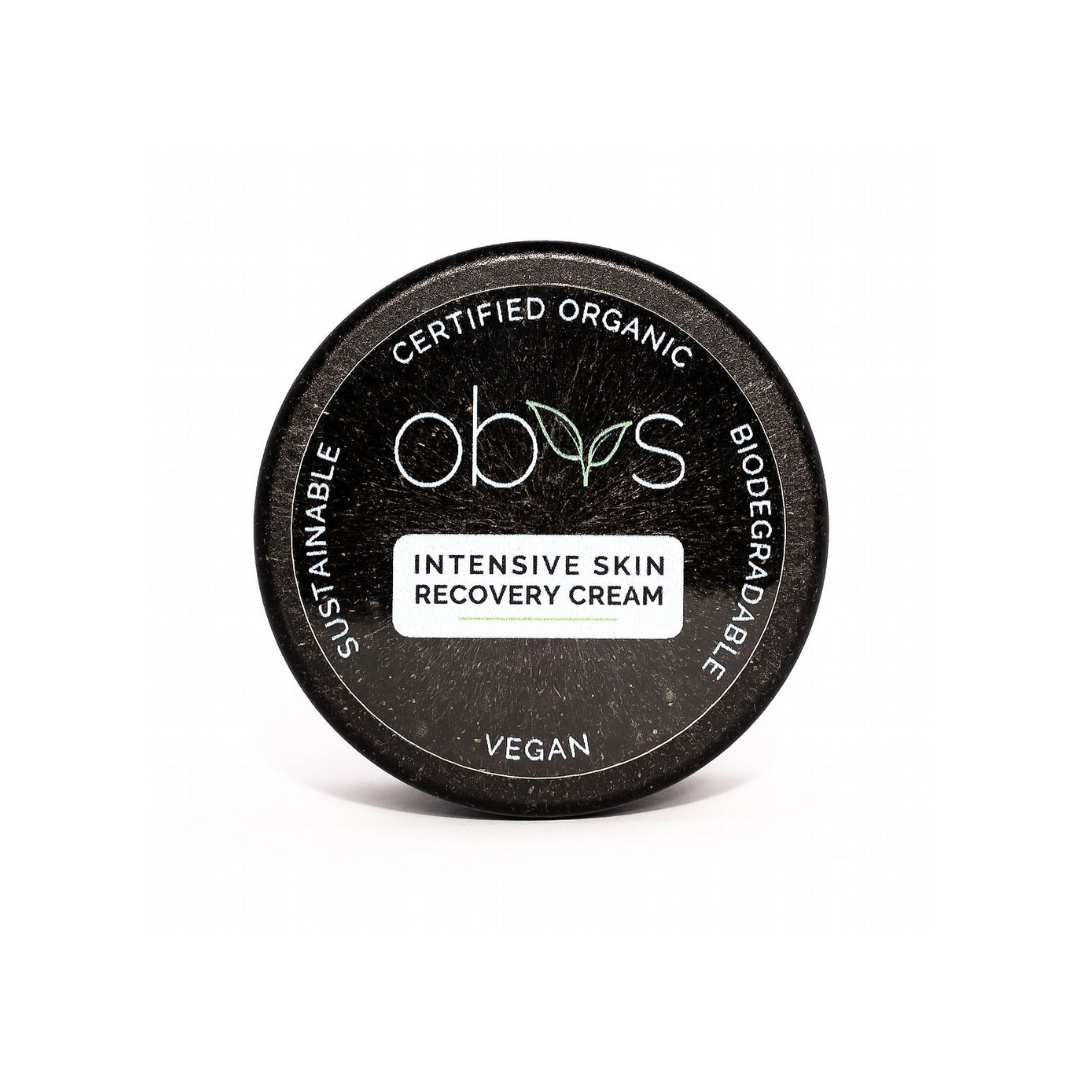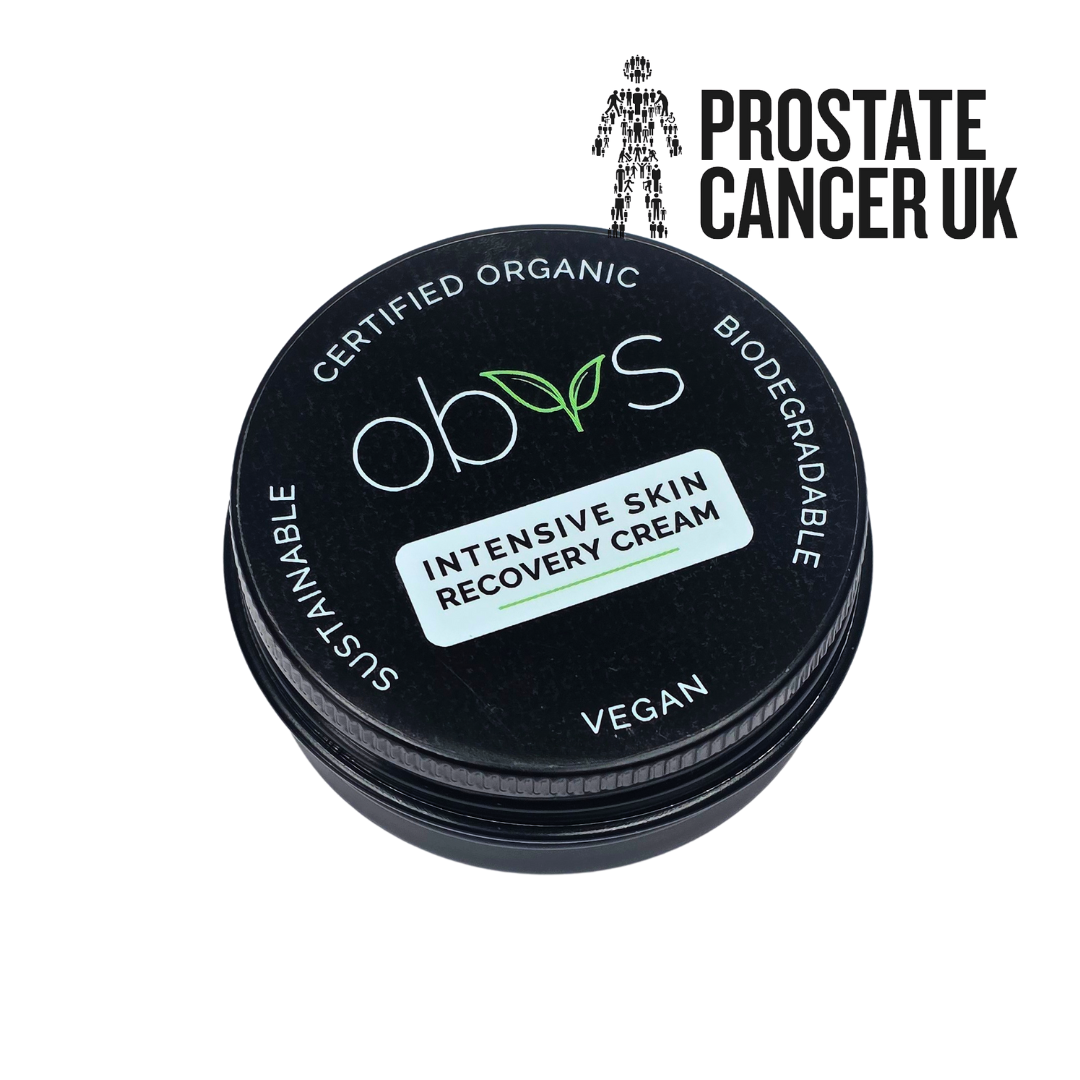
The Mind-Gut-Skin Connection
Share
Why Feeling Frazzled Shows on Your Face (and What to Do About It!)
Ever notice how a rubbish week seems to leave your face looking, well, rubbish too? Breakouts, dullness – it's not just a coincidence! There's a fascinating link between your mental wellbeing, your gut health, and the state of your skin, often called the gut-brain-skin axis.
Stress and the Gut Gang:
Our gut microbiome, the trillions of bacteria living in our digestive system, plays a massive role in overall health. These tiny tenants influence digestion, nutrient absorption, and even our immune system. But here's the kicker: chronic stress can disrupt this delicate balance. When we're under the weather, our bodies release stress hormones like cortisol. This surge can have a negative impact on the gut microbiome, encouraging the growth of "unfriendly" bacteria and hindering the "good" ones.
Inflammation: The Unwelcome Guest:
An unbalanced gut microbiome often leads to inflammation, a low-grade simmering that can wreak havoc on our health. This inflammation can then travel through the bloodstream, affecting various organs, including the skin.
How it Shows on Your Skin:
The effects of stress-induced gut problems can manifest on your skin in several ways:
- More breakouts: When the gut barrier weakens, it can let toxins leak through, triggering inflammation and pesky breakouts.
- Sensitive skin: A stressed-out gut can compromise the skin's natural barrier function, making it more prone to irritation and dryness.
- Eczema and psoriasis: Flare-ups of these chronic inflammatory skin conditions can be worsened by gut imbalances.
Taking Charge of Your Skin Health:
The good news is, you can support the gut-brain-skin connection and promote a healthy glow from the inside out. Here are some tips:
- Manage stress: Relaxation techniques like meditation, yoga, or a stroll in nature can help regulate cortisol levels and promote gut health.
- Feed your gut: Prioritise a diet rich in prebiotics (think fruits, vegetables, and whole grains) and probiotics (from fermented foods like yoghurt and kefir). These support the growth of beneficial bacteria.
- Consider a gut health supplement: Probiotic supplements can help replenish good bacteria strains. However, chat with your doctor before starting any new supplements.
- Prioritise sleep: When we're well-rested, our bodies are better equipped to handle stress and maintain a healthy gut microbiome.
Remember: A healthy gut is the foundation for healthy skin. By taking care of your mental wellbeing and nourishing your gut, you're not just promoting emotional resilience, but also paving the way for a radiant, healthy complexion.
Aromatherapy to the Rescue!
Did you know that aromatherapy can also play a role in supporting the gut-brain-skin connection? Essential oils, extracted from plants, can be inhaled or applied topically to influence mood and well-being. Here's how:
- Uplifting Aromas: Certain essential oils, like citrus ones, have invigorating properties. For instance, Obvs Skincare's Organic Morning Mandarin Moisturiser contains organic Mandarin essential oil. This can help energise you in the morning, promoting a positive mindset which can, in turn, benefit your gut health.
- Relaxing Scents: Conversely, calming essential oils like lavender can promote relaxation and better sleep. Obvs Skincare's Organic Evening Lavender Moisturiser utilises organic lavender essential oil to help you unwind before bed. By reducing stress hormones, you can create a more favourable environment for a healthy gut.
So, while a healthy diet, stress management, and good sleep are key, incorporating aromatherapy into your routine can be another helpful tool to promote a healthy gut-brain-skin connection and achieve that beautiful, stress-free glow!

